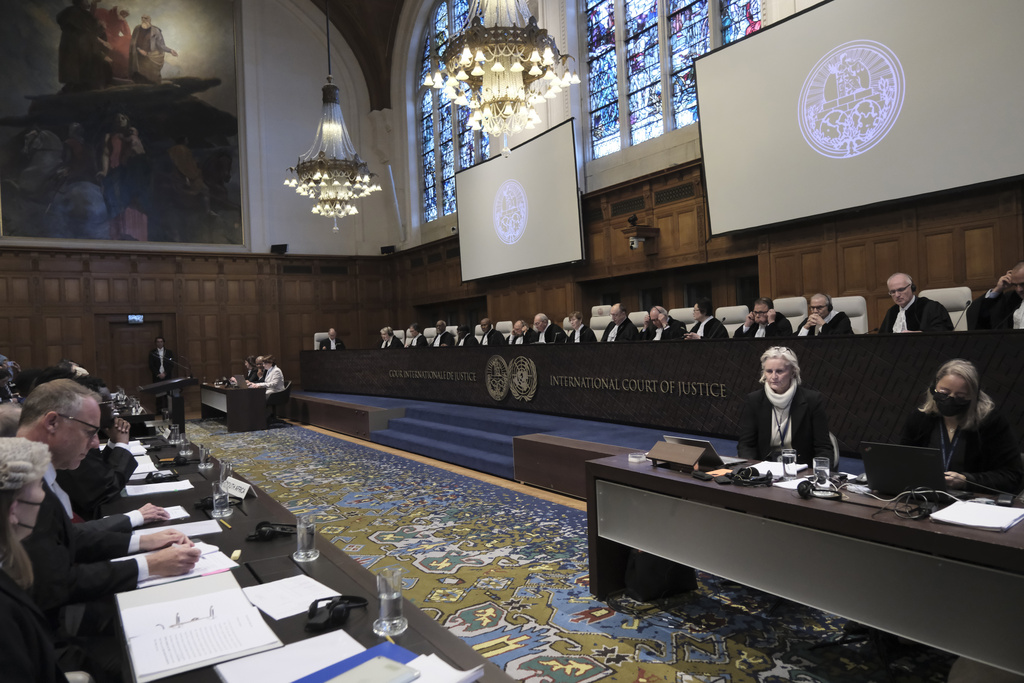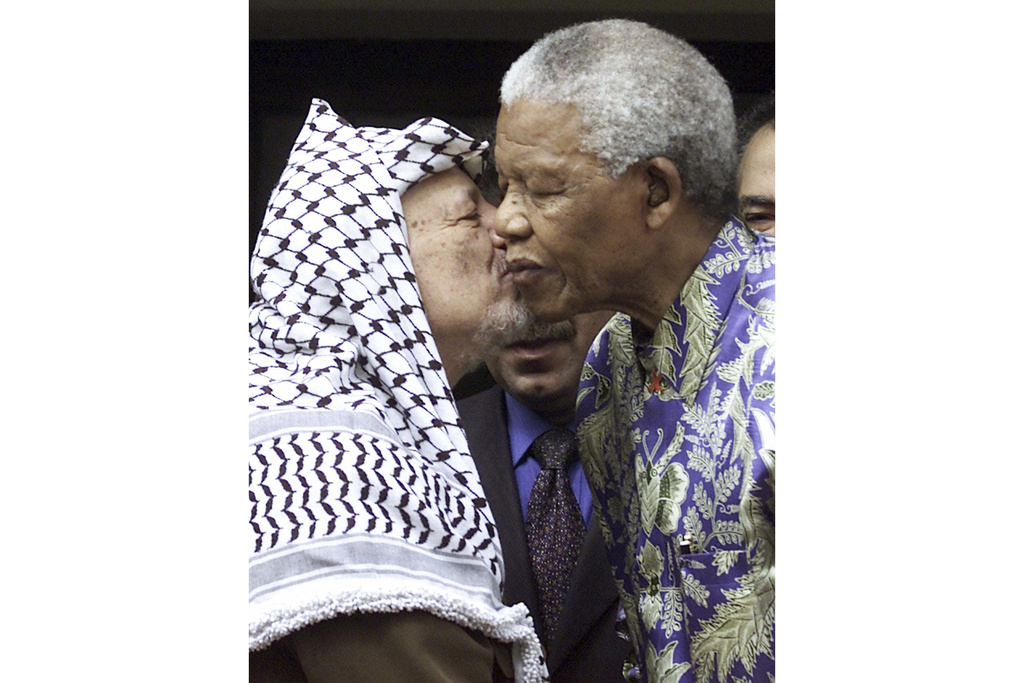South Africa led the charge this week against Israel, forcing the country to defend its actions against Palestinians and refute claims of genocide at the International Court of Justice in The Hague.
The move by South Africa, a country that is a continent away from the fighting, is the most significant international challenge to date on Israel’s war in Gaza.

South Africa’s post-apartheid government, which has supported the Palestinian cause for decades, accused Israel of carrying out plans “genocidal in character.”
The country argued in front of the United Nations’s highest court that Israel killed Palestinian civilians, inflicted physical and mental harm, and created barbaric conditions for the residents of Gaza “to bring about their physical destruction.”
With its reputation and international standing on the line, Israel categorically denied the allegations and sent representatives, in person, to defend itself before the court. On Friday, it accused South Africa of perverting the word genocide and being the mouthpiece of the terrorist group Hamas.
While getting a final decision on its case could take years, South Africa has asked for the ICJ to issue a preliminary order for Israel to stop the fighting. If the ruling is issued and if Israel ignores it, it could make the country’s allies pull the reins on what has so far been a strong campaign of public support.
“This case will provide other states with a basis for pressuring Israel to stop its campaign — it creates a firm and objective historical record which is important in a situation like this where political tensions are so high,” Juliette McIntyre, a lecturer in law at the University of South Australia, told Vox.
Even though the ICC is already investigating other allegations of war crimes committed by Israel and Hamas, South Africa’s complaint allows the country to make an official, on-the-record comment about what it views as atrocities against Palestinians as well as the declaration that it is an urgent matter of international concern.
South Africa’s ire toward Israel is rooted in its own history of violence and oppression as well as a growing anti-American sentiment.
Two weeks after Nelson Mandela, the country’s first black president, was released from prison in 1990, he flew to Zambia to meet with leaders who supported his fight against South Africa’s apartheid system of forced racial segregation. Among the men he met was Palestinian leader Yasser Arafat, who greeted him with a hug and kiss on each cheek. Arafat and Mandela considered their peoples’ struggles for freedom to be similar, and it explains, in part, why South Africa has been so strong in its recent actions against Israel.

A few days after the war broke out in October, Mandela’s grandson, Mandla Mandela, spoke at a pro-Palestinian rally in Cape Town.
“We have stood with the Palestinians and we will continue to stand with our Palestinian brothers and sisters,” Mandla Mandela, now an African National Congress lawmaker, said.
Nelson Mandela led the ANC from an anti-apartheid liberation movement to a political party, and though he died in 2013, the party’s pro-Palestinian stance has remained strong.
South Africa’s charge against Israel also reflects a challenge to the U.S.-led world order, which South Africa, as well as a growing number of other countries, views as tilted away from African and non-Western interests.
“Its triumph over apartheid gives Pretoria moral authority and leads it to advocate for an international order in which developing countries can be more clearly heard,” Christopher Chivvis, director of the American Statecraft Program at the Carnegie Endowment, recently wrote. “It thus values the rise of BRICS [an intergovernmental organization made up of Brazil, Russia, India, China, South Africa, Egypt, Ethiopia, Iran, Saudi Arabia, and the United Arab Emirates] and other possible alternatives to Western power, including Beijing and Moscow.”
CLICK HERE TO READ MORE FROM THE WASHINGTON EXAMINER
Chivvis added that South Africa’s stance has “caused tensions with the United States over Ukraine and featured an open row over South Africa’s alleged support for Russia’s war machine in 2023.”
“Pretoria is steadfast in staying at least nominally non-aligned with any great power, even as BRICS, which is increasingly seen as a challenger to the West, remains a cornerstone of its foreign policy,” he said.

